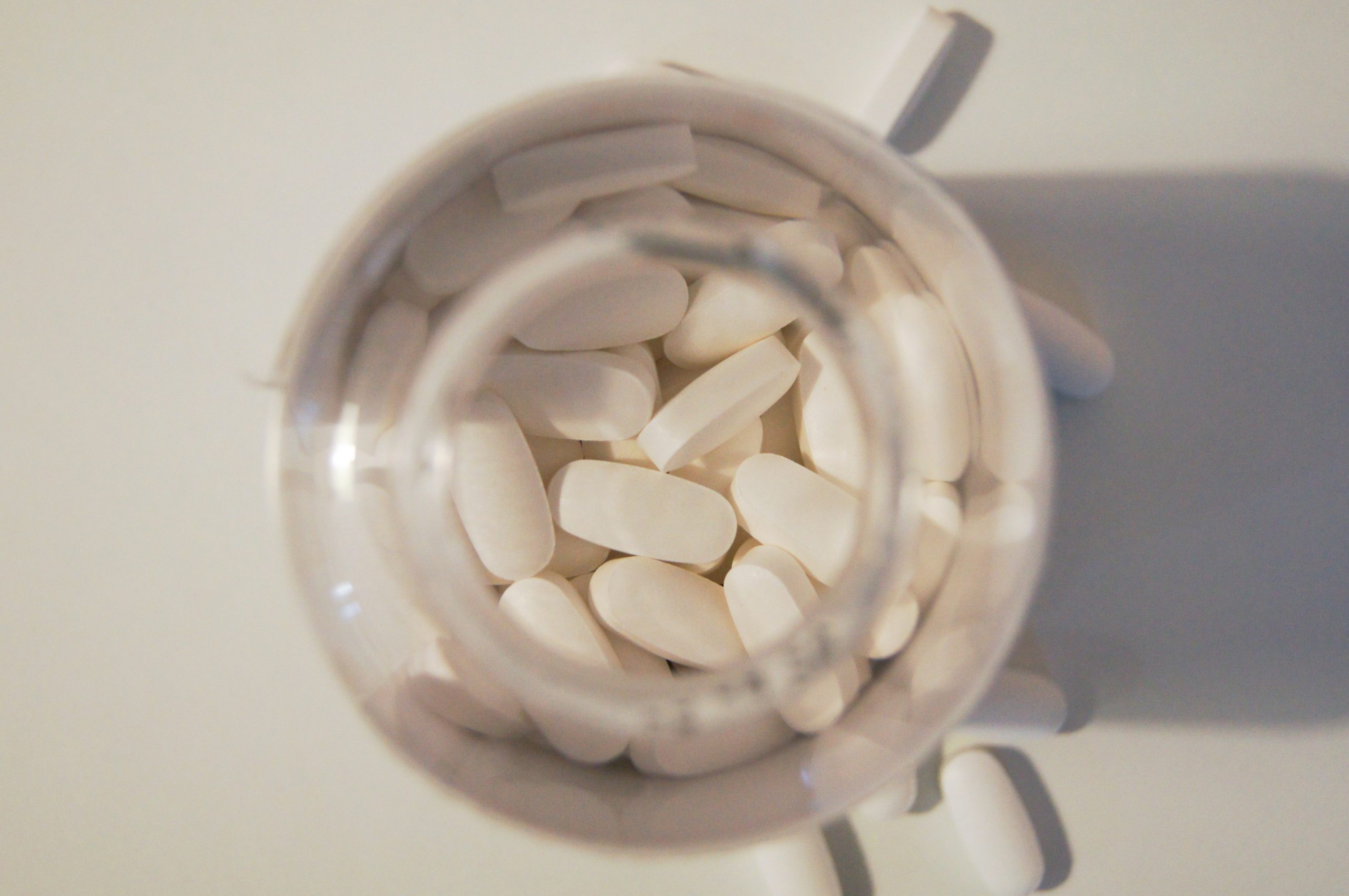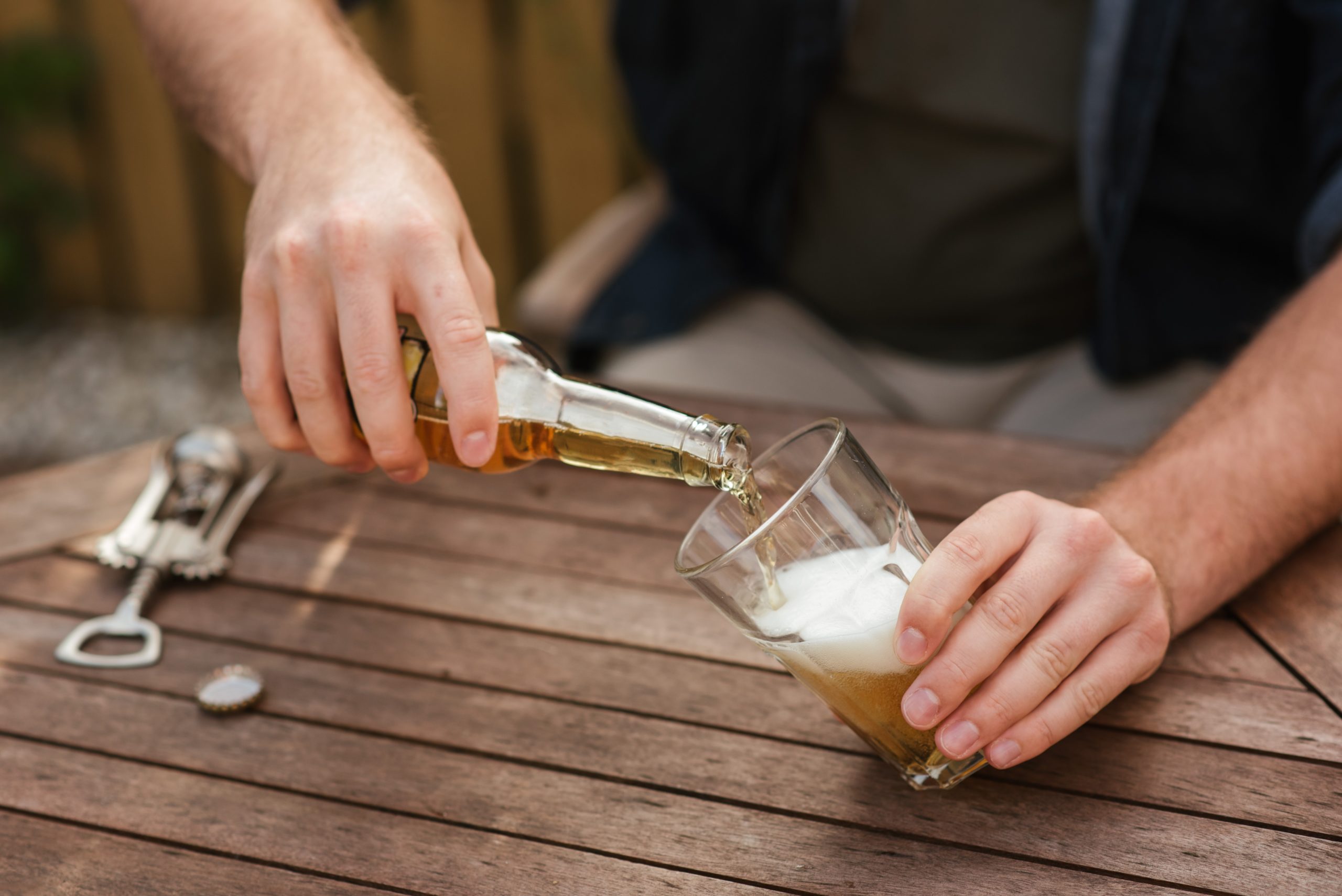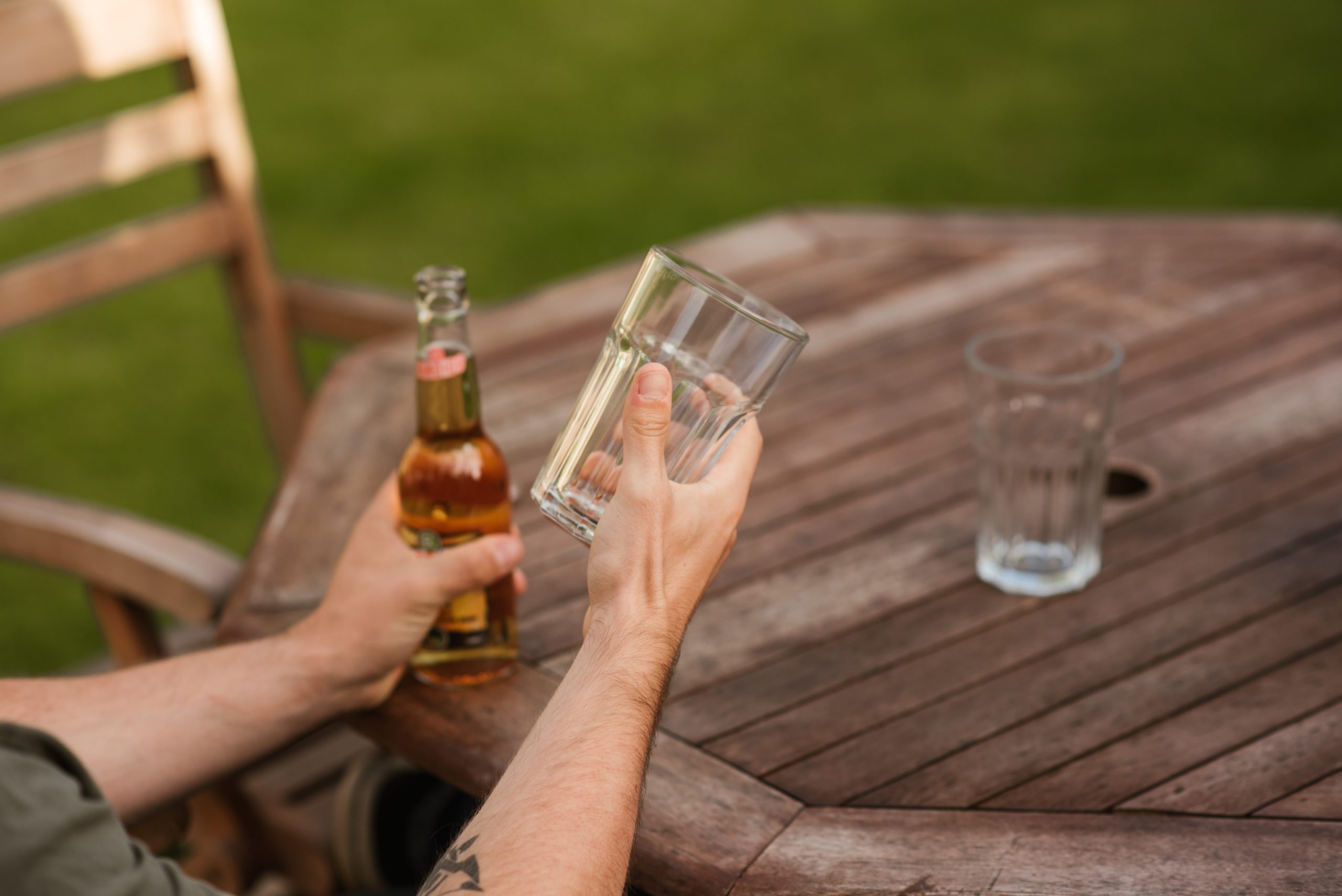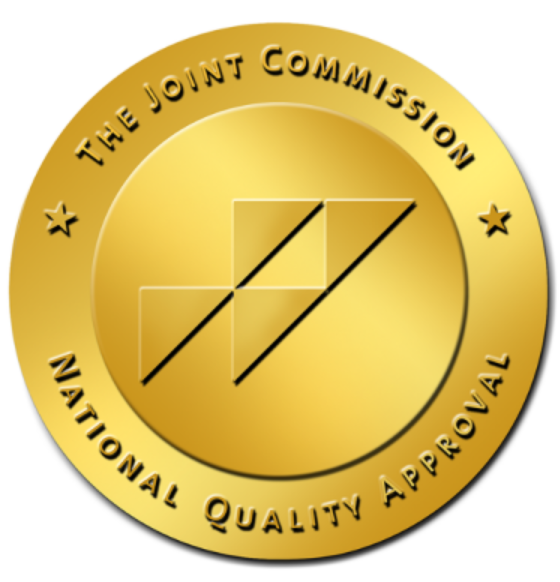For many college students with substance use disorders, the idea of having to get sober early on in life is intimidating. Many young people worry that being sober will ruin their college experience. Others believe that getting sober is something that people are “supposed” to do later on in life. However, the truth of the matter is that getting sober is possible at any age. In fact, young people who get sober are likely to find it easier to get their lives back on track. And getting sober in college, while it may at first feel odd, is generally a recipe for a more successful and more enjoyable college experience. It’s generally just a matter of maintaining some good habits and being willing to seek help when necessary. Read on for 10 helpful tips for staying sober while pursuing a college degree.
1. Meet Other Sober College Students
You are not the only sober person on campus. Connecting with other sober students is a great way to stop feeling like a weirdo. There are countless other benefits as well. Meeting other sober college students is a great way to build your sober support system. These other sober students likely understand your unique situation, and they can help you by keeping you accountable and providing valuable advice. But beyond the immediate needs of treating a substance use disorder, having sober friends on campus is the best way of finding out about sober activities. While going to a party or a concert sober might sound insane if you’re doing it solo, with a few other sober friends you’ll likely have a great time. As an added bonus, you’ll actually remember the night when you wake up in the morning.
2. Don’t Deprioritize Sobriety
College is a lot of things. It’s an education — which is an end in itself. It’s also a way of building a path forward to the future. It’s also a major social experience. It can be tempting to put sobriety on the backburner to make way for other priorities. Don’t do this. Remember that all of the gifts of college, from academic to social success, are dependent upon you staying sober. Make addiction treatment your number one priority, and everything else will follow.
3. Find Healthy Ways to Manage Stress
College can be overwhelming to just about everyone. While many people de-stress by drinking or doing drugs, as a sober individual, it’s your job to find alternative methods of relaxing. Examples include sports, meditation, or reading a book. While it may be difficult at first to find what works for you, ultimately whatever you do will be more relaxing than drinking, which over the long term increases stress.
4. Avoid Crazy College Parties
The stereotypical idea of college many people have involves frat parties and binge drinking. The truth is, these experiences are optional. While it may be possible to attend these events while sober, chances are slim you’ll find much pleasure there. Fortunately, there are countless other activities for sober students — even sober parties, or at least parties where drinking isn’t an expectation.
5. Make Use of Treatment Services and Support Groups
A support group or a 12-step meeting can be an invaluable resource center for any college student in addiction treatment. At meetings, members have the opportunity to share stories, receive advice, and connect with others in similar situations. Other people who have a history of substance abuse are likely to understand what you’re going through.
6. Build a Clean and Sober Living Environment
Living in a party dorm isn’t required in college. In fact, sober dorms are a growing trend in universities in the United States. Living in an environment conducive to long term recovery is essential not only for your sobriety, but possibly even for your grade point average!
7. Take Advantage of Campus Counseling Services
If any aspect of your college experience gets overwhelming, campus counseling services are a valuable resource. These resource centers employ therapists who are often experts in addiction treatment. They can help you work through any problem you’re facing or point you in the direction of further services.
8. Don’t Forget About Your Personal Health
Treating an addiction and trying to get through finals week can be a lot for one person to handle. It’s important to make sure that you’re taking care of your body and mind as well. Make sure to eat nutritious meals, get plenty of exercise, and maintain healthy sleep habits. That way, you’ll have the energy and mental fortitude to handle every challenge that comes your way.
9. Consider Enrolling in an Outpatient Program
Addiction treatment centers can help you manage your time and your substance use disorder while you’re in college. Many people with highly debilitating drug and alcohol abuse problems benefit from the structure of an intensive outpatient program (IOP) or partial hospitalization program (PHP). Others find that the flexibility of an outpatient program or sober living home is most conducive to success in college. Going to substance abuse rehab doesn’t mean you have to drop your academic goals; in fact, they tie in perfectly. Receiving help from an outpatient program means you don’t have to worry about managing your own recovery, so you can focus 100% on university success.
10. Have Fun!
It’s crucial to remember that staying sober in college doesn’t mean losing access to the famous “college experience.” Remember to relax and let loose! For many, drug and alcohol abuse leads to higher rates of anxiety and depression. As a sober student, having a good time might actually be easier!
Follow Us:










